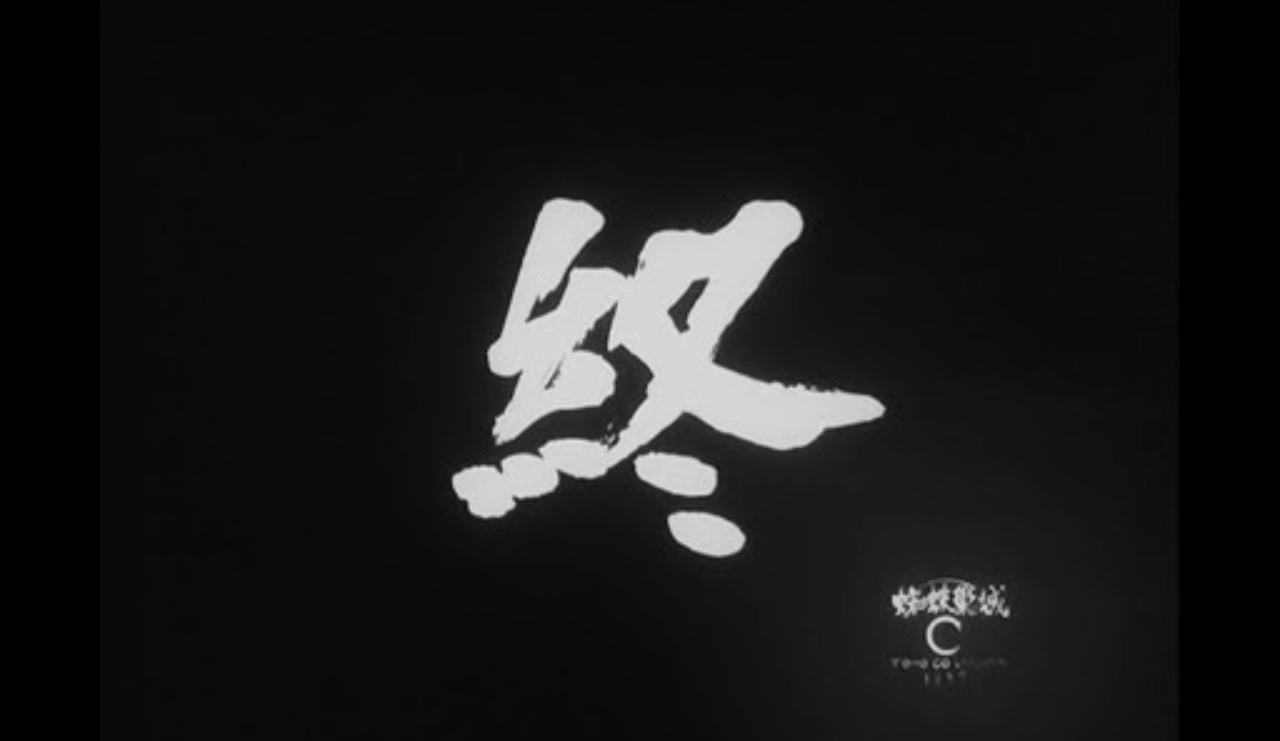Bonus points for any books you believe are classics from that time period. Any language, but only fiction please.
I’m really excited to see what Lemmy has.
Cormac McCarthy, wrote some books you might have seen as movies such as The Road and No Country for Old Men.
Blood Meridian or The Evening Redness in the West is a crazy good book.
To me, it has to be Steven Erikson. Malazan series is simply amazing.
Just finished book 1 earlier this year, looking forward to getting to the rest of them.
Three names that jump to mind immediately
Octavia E. Butler
Ursula K. Le Guin
Gabriel García Márquez
Le Guin and García Márquez probably had well-known works a bit earlier than 1970 though, maybe 1960ish.
I appreciate you naming more than one female author!
Terry Pratchett.
Agreed, I’m most of the way through The Colour of Magic and I can’t remember the last time I was reading something where at times I have to stop and fully comprehend what I just read because it was so dang well written that I have to go back and read it again immediately.
That will never end. Every re-read for me is fantastic.
And you’re on one his weaker books! 🫣
https://www.lspace.org/books/apf/index.html
This link has always been helpful for explaining his books.
I am on 12 of 42 or however many he wrote, but damn it if his little quips aren’t masteries of word play. So far Sorcery, Wyrd Sisters, and Mort are my favorites.
I tell people it’s like living in a Monty Python universe with a dash of magic.
deleted by creator
Be sure to include The Amazing Maurice and Equal Rites and the Tiffany books as well; the only thing YA about them is the ages of their protagonists.
Equal Rites was great! I think that was my first introduction to Granny but I wished there was a sequel.
There kinda is. Esk shows up in I Shall Wear Midnight. Tiffany resolves a lot of the threads left by the witches
I’m more of a fan of his later works myself. It trades some silliness for depth as time goes on. And I really loved Susan who you haven’t met yet
David Foster Wallace
Stephen King
Haruki Murakami
Kurt Vonnegut
Toni Morrison
Just a few names that popped into my head
Edit: some of these are based on popular opinions. For example, I never really got into Toni Morrison
Vonnegut is wonderful but his first book is 1950s and his greatest success is likely the 1960s. Question asked post 1970.
Yeah, I knew he started in the 50s. But you’re right, I looked it up and some of his notable stuff was earlier than I thought
Love DFW
I’m happy to see someone else mention Murakami.
I went on tear in university—a long time ago now—reading everything that had been translated to English by then. And, while they had the most bizarro plots, I found them to be the most compelling reads, wanting to read more and more, until I ran out of things to read.
He definitely deserves a place on this list.
Ray Bradbury. All his books are amazing.
Bah, I don’t feel like reading? He wrote tons of short stories.
first well known work after 1970
The Martian Chronicles was published in 1950, Fahrenheit 453 in 1953
I actually didn’t check that. I would have sworn early 70s.
Turns out I am thinking Bradbury Theater
Tom Robbins and Tim O’Brien
Cory Doctorow and I suggest reading Walkaway. I found it transformative.
Little Brother too, very good.
Sarah Waters
Ken Follet: Pillars of the Earth. Historical fiction. You’re transported back to the 1200s. Cathedral building with raunchy politics, a bit of HBO Game of Thrones mixed in. It was extremely visual… and fondly memorable for me.
Not to mention the two sequels World without End and A Column of Fire, set in the 1400s and 1600s, respectively, and the prequel Kingsbridge set around the year 1000.
Then there’s the century trilogy which takes place in the 20th century, and a whole lot of smaller works like A Dangerous Fortune, which manages to make you care for some bankers in 19th century London.
No love for Dave Eggers? A Heartbreaking Work of Staggering Genius was so so excellent, and there were sentences in You Shall Know Our Velocity! that made me weep with joy.
Stephen King.
King of Horror.
He has written hundreds if not thousands of stories over the last half century. So many of those have turned into Blockbuster movie, lame TV movies, Indie films, and TV shows. We can argue later about how “literary” many of those stories are, but his impact on popular culture today is undeniable.
Although he has occasionally written or said some cringey things out of touch with the current zeitgeist (who hasn’t?) and has struggled with his own demons, from what I’ve seen he has always demonstrated that at his core he’s a decent human being struggling, like we all do, in a scary world.
This isn’t a perfect example but Cormac McCarthy has been my favourite author for years now, and his first major work Suttree was from '79.
My all time favourites novel is Blood Meridian from 1985. If you’re familiar with metamodernism, which is basically very modern works that have their cake and eat it when it comes to modernist ideals and postmodern critique, you’d clock that practically every western is either a modernist white hat western or a metamodern “the west is grim and hard, but also fucking cool” western. The only straight postmodern takes on the west that I know of are either Blood Meridian or pieces of work that take direct notes from it, such as the films Dead Man from ‘95 (except maybe the Oregon Trail video game from. 85’). Blood Meridian otherwise is a fantastic novel which meditates on madness and cruelty, religion and fate, race, war and conquest and so many other themes. It also has one of the best antagonists ever written in Judge Holden, a character who I would have called a direct insert of Satan if not for the fact that his deeds and the novel as a whole are closely inspired by true events. I feel the novel takes inspiration from Apocalypse Now, specifically the '79 film and not Conrad’s 1899 novel Heart of Darkness. If you enjoy that film, you’re likely to enjoy this book. The opening and closing chapters are fantastic, but I often find myself re-reading chapter 14. It has some of the best prose and monologues of the entire novel, and encompasses in my opinion the main turning point of the novel.
His other legendary work is The Road, a 2006 post-apocalyptic novel. I’ll talk on this one less but as our climate crisis grows and our cultural zeitgeist swings more towards this being the critical issue of our time, the novel fantastically paints itself as both a fantastic warning to our 21st century apocalypse and the unresolved 20th century shadow of nuclear winter. Despite this, it hones in on a meditation of parenthood and could be considered solely about that, with other themes of death, trauma, survival and mortality being explored through parenthood. Of course the unsalvageable deatg of the world that make the setting also makes this theme extra tragic. There is an adaptation into a film from 2008 but it isn’t anywhere near as potent as the novel and I’d suggest should only be seen in tandem with reading the novel. The prize of this novel has really evolved to fit the novel too. McCarthy is renowned for his punctuation lacking prose, but where Blood Meridian is practically biblical in its dramatic and beautiful prose which juxtaposes the plain and brutal violence, The Road sacrifices no beauty in it’s language but is so somber and meanders from mostly terse to so florid, while also always perfectly feels like how the protagonists are seeing their world.
No Country for Old Men was great too, and it made a better transition to film than The Road, in my opinion.
I finished reading them in December, and I’m still obsessed with the genius in The Passenger and Stella Maris. I’ve read the books and listened to the audiobooks. The audiobook for Stella Maris is exceptional.
I was looking for McCarthy ITT. I’m going to read Blood Meridian this year after listening to the audiobook years ago. I read The Road around the same time and struggled to get through it because it was so absolutely dreary. I get it obviously I just wanted to say that.
I would recommend also No Country For Old Men as I thought it was all the things McCarthy is amazing at but isn’t so violent as the Judge’s gang or as consistently hopeless as the world of The Road. It’s paced like a thriller while still having an amazing villain. Talking about CM makes me think I should reread these books. I was just out of college when I read/listened to them.
This is a great nomination. His prose is excellent, stories compelling, and writing solid. I’m not actually a fan of his books, but I recognize his superb talent and contributions to modern American literature.
The Road is perhaps my favourite novel I’ve read. Absolutely haunting
Terry Pratchett! The Discworld books have kept me busy for years now and I don’t even consider myself much of a reader.
For me The Name of the Rose is a real masterpiece. I enjoyed The Prague Cemetery as much as Foucault’s Pendulum but I’d personally put Baudolino before those two.
Edit: this was a reply for @ThisIsNotHim@sopuli.xyz, for some reason I keep pressing the wrong reply arrow on the Voyager app.
The Island of the Day Before was my first introduction and remains one of my favorites.











